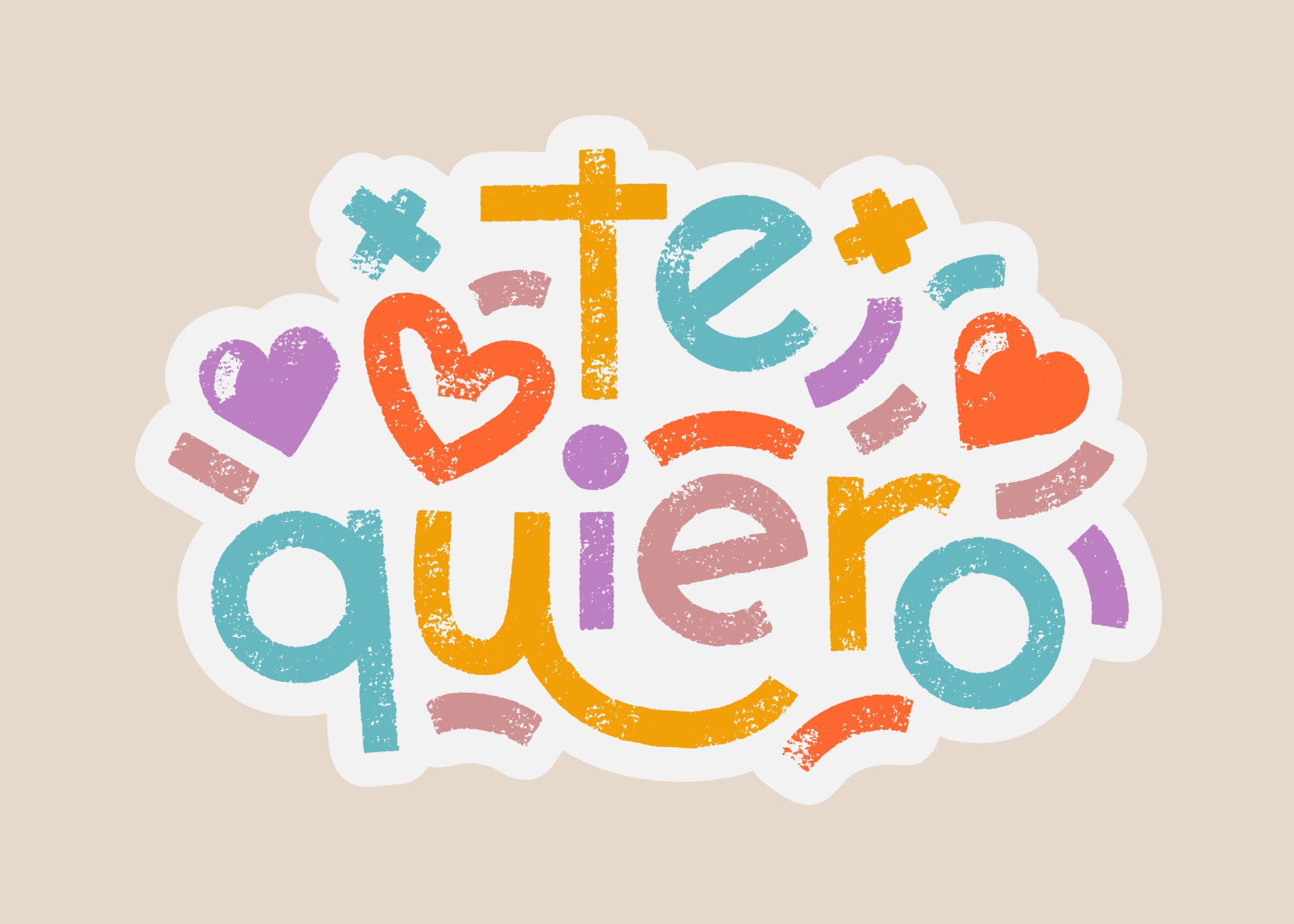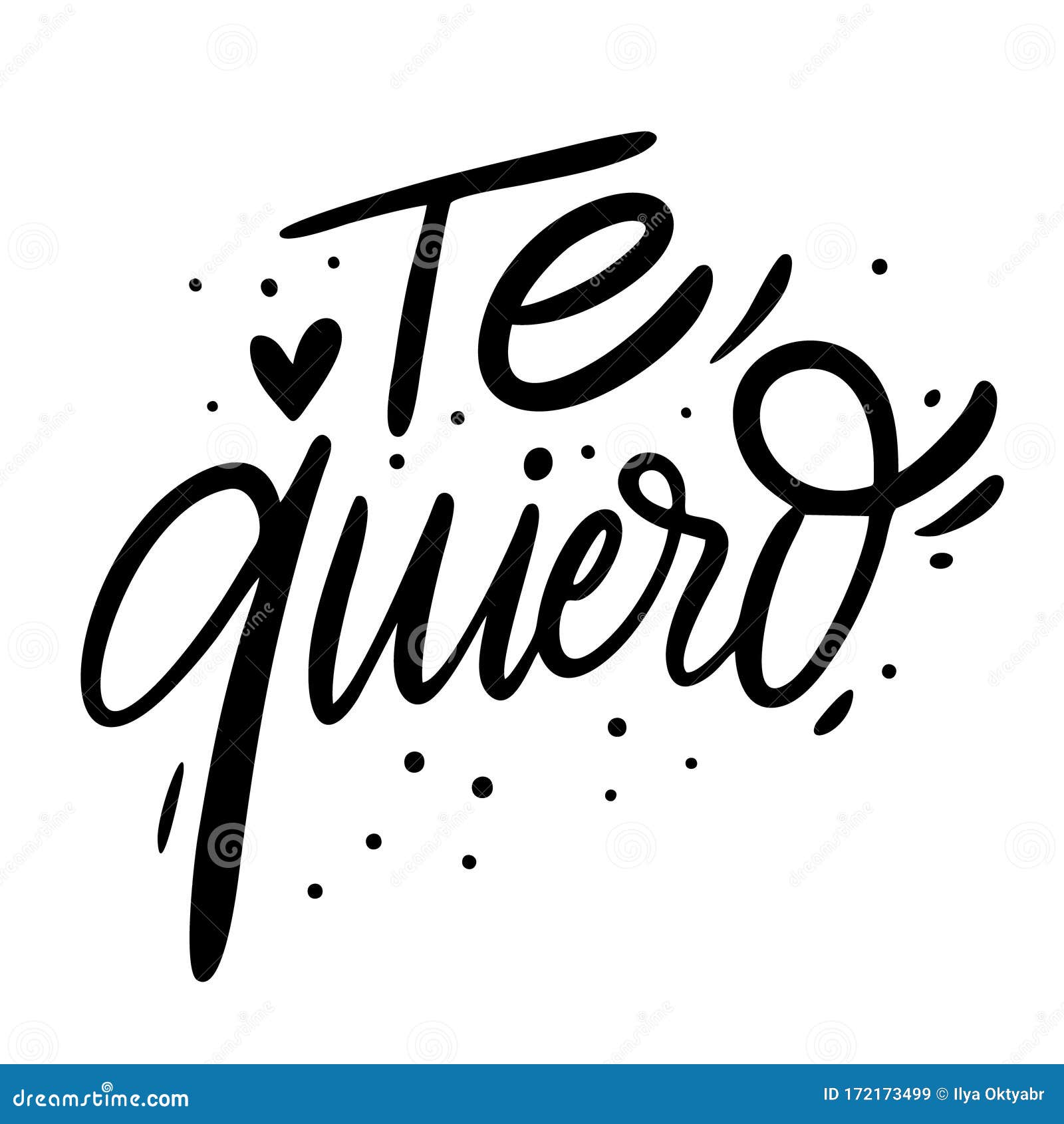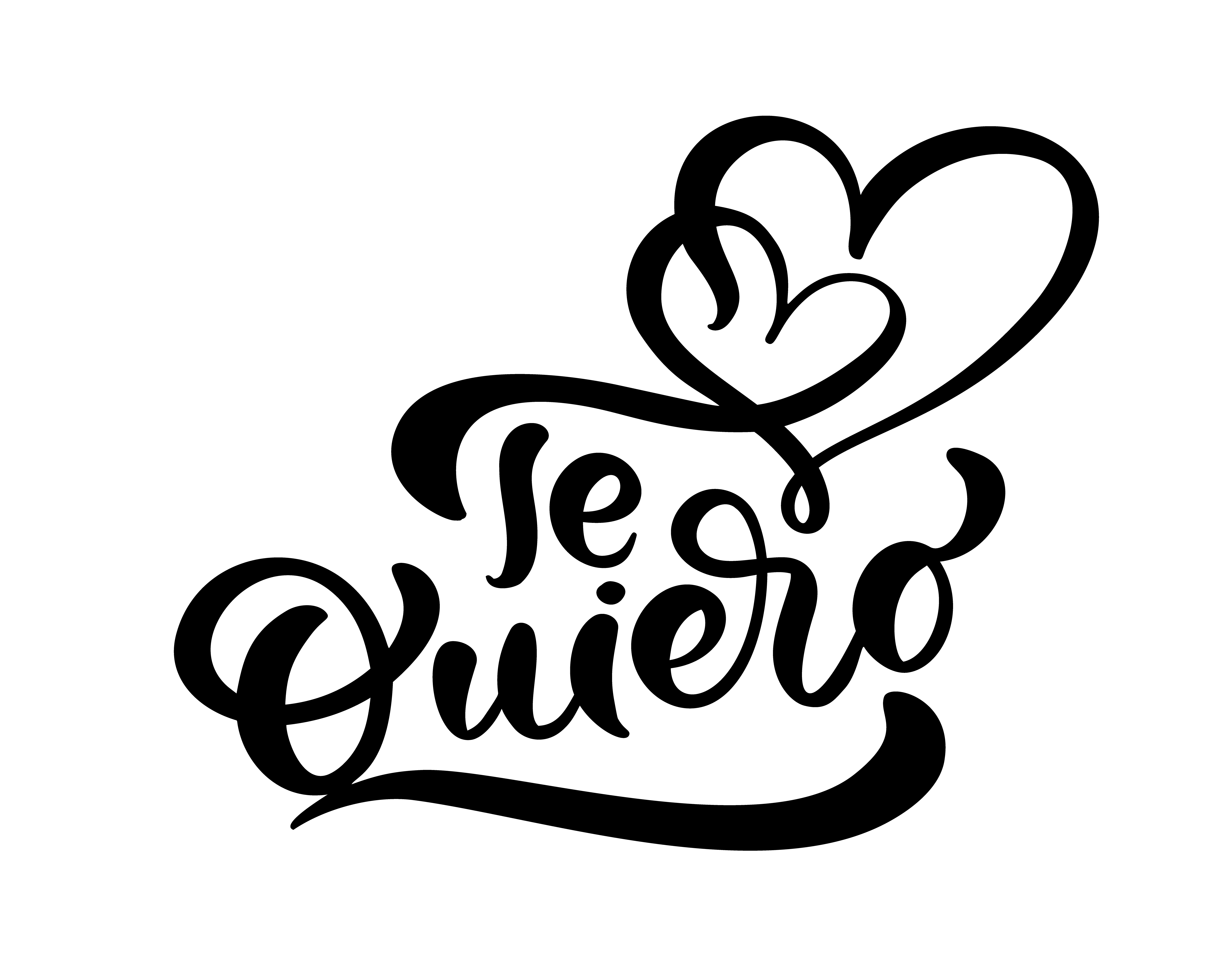Unraveling 'Quiero Agua': A Phrase Of Trauma And Transformation
Table of Contents:
- Introduction
- The Disturbing Origin: "Quiero Agua" and Cartel Violence
- Beyond the Horror: "Quiero Agua" as a Cry for Awareness
- The Innocence of "Quiero Agua": Children's Songs and Everyday Life
- "Quiero Agua" in Music and Language Learning
- The Power of Language: How Context Shapes Meaning
- Navigating Sensitive Content Online: A Call for Responsibility
- Conclusion
Introduction
The simple Spanish phrase "quiero agua," meaning "I want water," is one that most language learners encounter early on. It's a fundamental expression of a basic human need, often taught in classrooms or used in everyday conversation. However, in the vast and often volatile landscape of the internet, this seemingly innocuous phrase has taken on a chilling and deeply disturbing connotation, becoming synonymous with an act of unspeakable violence that traumatized countless online users.
Yet, the story of "quiero agua" is not monolithic. While one narrative is steeped in horror, other contexts reveal its enduring innocence and its power as a tool for social good. This article delves into the multifaceted meanings and impacts of "quiero agua," exploring how a single phrase can encapsulate both the darkest corners of human cruelty and the simplest, most vital aspects of life and communication.
- Is Chelsea Swift Married
- What Is Masc
- Elizabeth Taylor Grandchildren
- Transaction Support
- Tmz Charles Latibeaudiere
The Disturbing Origin: "Quiero Agua" and Cartel Violence
The most infamous association with the term "quiero agua" stems from a profoundly disturbing video that went viral across social media platforms, particularly Twitter (now X). Originating from Cotija, Michoacán, Mexico, this video exposed the brutal realities of cartel violence, specifically involving the Jalisco New Generation Cartel (CJNG). The recording depicted the horrific torture and eventual execution of a man known on the internet as "the Mexican Ghost Rider." This deeply unsettling content was made even more horrifying by the fact that it was allegedly filmed and disseminated by the head of the local CJNG cartel organization himself, a figure chillingly nicknamed "El Clown."
The video's notoriety is rooted in its graphic nature, showing the victim being skinned alive from his face. In his final, agonizing moments, the man is heard pleading for water – a desperate, primal cry that lent the video its infamous title, "yo quiero agua." This act of extreme brutality, compounded by the perpetrator's cruel offer of water to a dying man, left an indelible mark on the internet, traumatizing viewers and sparking widespread outrage and revulsion. The sheer barbarity displayed in the "quiero agua" video underscored the ruthless tactics employed by cartels in Mexico, highlighting the pervasive fear and violence that grip certain regions.
The Viral Spread and Public Reaction
The "quiero agua" video, along with accompanying images, quickly gained notoriety on social media, leaving users deeply impacted. Its rapid dissemination across platforms like Twitter (now X) led many to actively search for the footage, driven by a morbid curiosity or perhaps a desire to understand the depths of such cruelty. This viral spread, however, came at a significant cost to the mental well-being of those who encountered it. The content was not merely shocking; it was deeply perturbing, exposing viewers to a level of human suffering that is difficult to process or forget.
- Where Does Belle Delphine Live
- International Accounting Standards
- Is Pauly Shore Still Alive
- How Long Are Islanders On Love Island
- Current Military Strength Comparison Iran Israel 2025
The unfortunate reality is that such recordings, depicting extreme violence and the suffering of individuals, have become increasingly common on social media. The internet, while a powerful tool for connection and information, often becomes a conduit for the darkest aspects of human behavior, where the boundaries of what is shared and consumed are constantly tested. The "quiero agua" incident serves as a stark reminder of this phenomenon, forcing a confrontation with the uncomfortable truth that real-world atrocities can be packaged and distributed for mass consumption, leaving a trail of trauma in their wake.
The Anatomy of a Desperate Plea
At the heart of the "quiero agua" video's disturbing impact is the scene where the victim, in his last moments, desperately pleads for water. This particular segment is what gives the video its name and underscores the profound cruelty of the act. The perpetrator, a sicario dressed as a clown, is seen torturing the individual and, in a twisted display of power, offers water to the dying man. This act is not one of mercy but of ultimate degradation and psychological torment, amplifying the victim's suffering and the viewer's horror.
The victim, identified in some contexts as Fabián Urbino Morales, was reportedly feared and respected by the people of Aguililla, Michoacán, suggesting a complex and dangerous world where individuals like him were involved in intense conflicts, often described as coming "with all the evil to assassinate contras." While the specific identity and background of the victim add a layer of tragic context, it is the universal human plea for water in the face of unimaginable pain that resonates most profoundly, turning a simple request into a symbol of ultimate vulnerability and the depths of human depravity. The infamous "quiero agua" video, therefore, stands as a chilling testament to the extreme brutality of the CJNG cartel in Mexico, a raw and unfiltered glimpse into a world of unbridled violence.
Beyond the Horror: "Quiero Agua" as a Cry for Awareness
In a striking contrast to its disturbing viral counterpart, the phrase "quiero agua" has also emerged as a significant term in raising awareness about critical global issues: water scarcity and environmental concerns. While the internet was reeling from the cartel video, the same simple phrase was being used in entirely different, constructive contexts. This duality highlights the power of language and how a single expression can carry vastly different weights and intentions depending on its context and the message it aims to convey.
In this positive light, "quiero agua" becomes a poignant reminder of the millions worldwide who genuinely lack access to clean, safe drinking water. It transforms from a plea of a tortured individual into a collective cry from communities facing droughts, pollution, and inadequate infrastructure. Environmental activists and humanitarian organizations often use such simple, direct language to underscore the urgency of water conservation, sustainable practices, and the fundamental human right to water. By invoking the basic need for water, they effectively draw attention to the environmental crises that threaten this essential resource, urging individuals and governments to take action before the plea "I want water" becomes a widespread, desperate reality for even more people.
The Innocence of "Quiero Agua": Children's Songs and Everyday Life
Further demonstrating the phrase's versatility and its inherent innocence, "quiero agua" also finds a home in the realm of children's entertainment. Consider the official YouTube channel "Cartoon Studio," dedicated to children's songs. Their objective is purely "child entertainment," focusing on educational and fun content for young audiences. In this context, "quiero agua" would be sung by animated characters, perhaps teaching toddlers about basic needs or even the importance of staying hydrated during play. The phrase here is stripped of any negative connotations, existing purely as a simple, understandable request for a drink.
This stark contrast underscores how deeply ingrained the phrase is in everyday Spanish language and culture. Before its unfortunate association with violence, "quiero agua" was, and largely remains, a fundamental building block of communication. It's used by a child asking their parent for a drink, a thirsty traveler at a roadside stand, or even a pet owner talking to their beloved companion. This context serves as a powerful reminder that while the internet can distort and weaponize language, the core meaning and innocent utility of phrases like "quiero agua" persist in daily life, far removed from the digital shadows of viral horror.
"Quiero Agua" in Music and Language Learning
Beyond children's songs, "quiero agua" also appears in more mature musical contexts and is a staple in language learning resources. For instance, the song "Agua de Vida" by John Solano (John Solano Agua de Vida) is an example where "agua" (water) takes on a metaphorical or spiritual meaning, often referring to "water of life." While the specific phrase "quiero agua" might not be the central lyric, the concept of desiring or seeking this "water

Te quiero spanish words that translate as i love you bold lettering

Te Quiero Mucho

Te Quiero Mucho